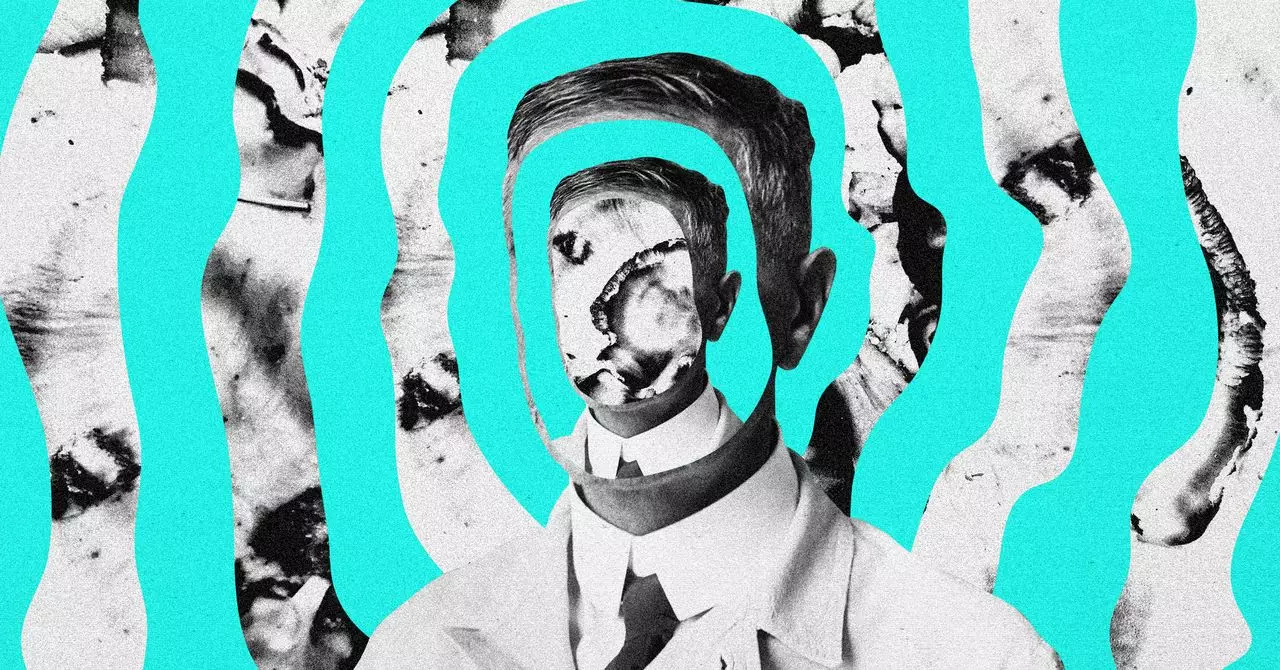The emergence of artificial intelligence as an adjunct to psychedelic therapy signals a profound shift in mental health treatment paradigms. Entrepreneurs like Christian Angermayer, founders of innovative biotech companies such as Atai Life Sciences, are actively exploring how AI can supplement human-led psychedelic sessions. Instead of replacing trained professionals, AI is envisioned as a supportive tool that enhances the therapeutic experience, especially during crucial intervals between actual psychedelic trips. Its primary role isn’t to substitute human empathy and expertise but to provide consistent motivational check-ins, fostering a sense of continuity and stability for patients navigating complex psychological terrains.
This approach recognizes the intrinsic limitations of current AI systems: they lack genuine emotional understanding and the capacity for real-time co-regulation, especially during intense psychedelic states. Nonetheless, AI can serve as a valuable bridge, offering personalized insights that help users integrate their experiences, track their mental states, and maintain lifestyle changes. The idea isn’t about replacing human therapists but about creating a hybrid framework that leverages machine efficiency and human compassion. Critics, however, will likely argue that such reliance on AI might inadvertently diminish the importance of authentic human connection in mental health care, which remains paramount, particularly during vulnerable psychedelic sessions.
The Promise of Self-Reflective AI in Substance Use Recovery
A compelling illustration of AI’s potential is found in anecdotal reports of individuals like Trey, who have used AI-powered apps to support sobriety. Trey’s experience highlights how a customized AI chatbot can function as a mirror to the subconscious mind, offering a form of introspection that extends beyond traditional journaling or therapy. Viewing the app’s “mind chat” as an extension of his inner voice, Trey attributes a newfound understanding of his thoughts and emotions to the ongoing dialogue with this digital confidant.
This kind of AI-driven introspection promises a new avenue for self-awareness and behavioral change, especially for those battling addictions or entrenched negative patterns. Instead of simply dispensing advice, the AI reflects back users’ own language, tones, and emotional cues, effectively making the conversation feel like a dialogue with a personalized subconscious assistant. Its design aims to gently challenge destructive tendencies, such as substance abuse, by highlighting negative patterns and suggesting healthier responses. While its efficacy over the long term remains unproven, initial user testimonials suggest that such tools could become vital components of comprehensive mental health strategies.
Challenges and Risks: The Ethical and Practical Dilemmas
Despite its promising promise, integrating AI into psychedelic and mental health treatments provokes serious questions about safety and ethics. The limitations of current AI models are glaringly evident—they lack the ability to perceive nuance, emotional subtleties, and the non-verbal cues that are often critical during intense psychedelic experiences. During peak moments of psychedelic trips, the absence of human empathy and real-time emotional attunement could be dangerous, potentially exacerbating distress or leaving users feeling abandoned or misunderstood.
Moreover, the proliferation of anecdotal reports linking AI misuse to adverse psychological outcomes, such as ChatGPT-induced psychosis, underscores the potential hazards of overly relying on these technologies outside controlled environments. Experts like Manesh Girn warn that AI systems cannot sufficiently co-regulate a user’s nervous system or respond appropriately to crises in real-time. This incapacity raises questions about whether AI tools should be used independently or only as supplementary aids under professional supervision. Additionally, ethical considerations surrounding data privacy, informed consent, and the risk of reinforcing negative behaviors add layers of complexity that researchers and clinicians must navigate carefully.
Future Implications and the Path Forward
Looking ahead, the integration of AI into psychedelic therapy and mental health care must be approached with both optimism and caution. The potential for personalized, reflective AI tools to empower individuals with greater self-awareness and healthier habits is undeniable. However, these innovations must be tempered with rigorous oversight, clear usage protocols, and ongoing evaluation to prevent harm.
The future of this intersection depends heavily on establishing boundaries—defining what AI can safely do, when human intervention is essential, and how to ensure that these tools augment rather than compromise human well-being. While AI-powered apps hold promise as motivational aids and support mechanisms, they should never be viewed as substitute for comprehensive professional care. Initiatives should focus on creating hybrid models that harness the strengths of both digital intelligence and human empathy, ensuring a safer, more effective pathway to mental health recovery.
The promise of AI-driven mental health support is immense, but its risks are equally significant. It is incumbent upon developers, clinicians, and policymakers to steer this technological revolution in a direction that prioritizes genuine healing and safeguards the dignity and safety of every individual seeking relief. Only then can artificial intelligence truly realize its potential as a transformative force in the realm of psychedelic and psychological therapy.

